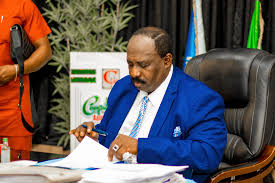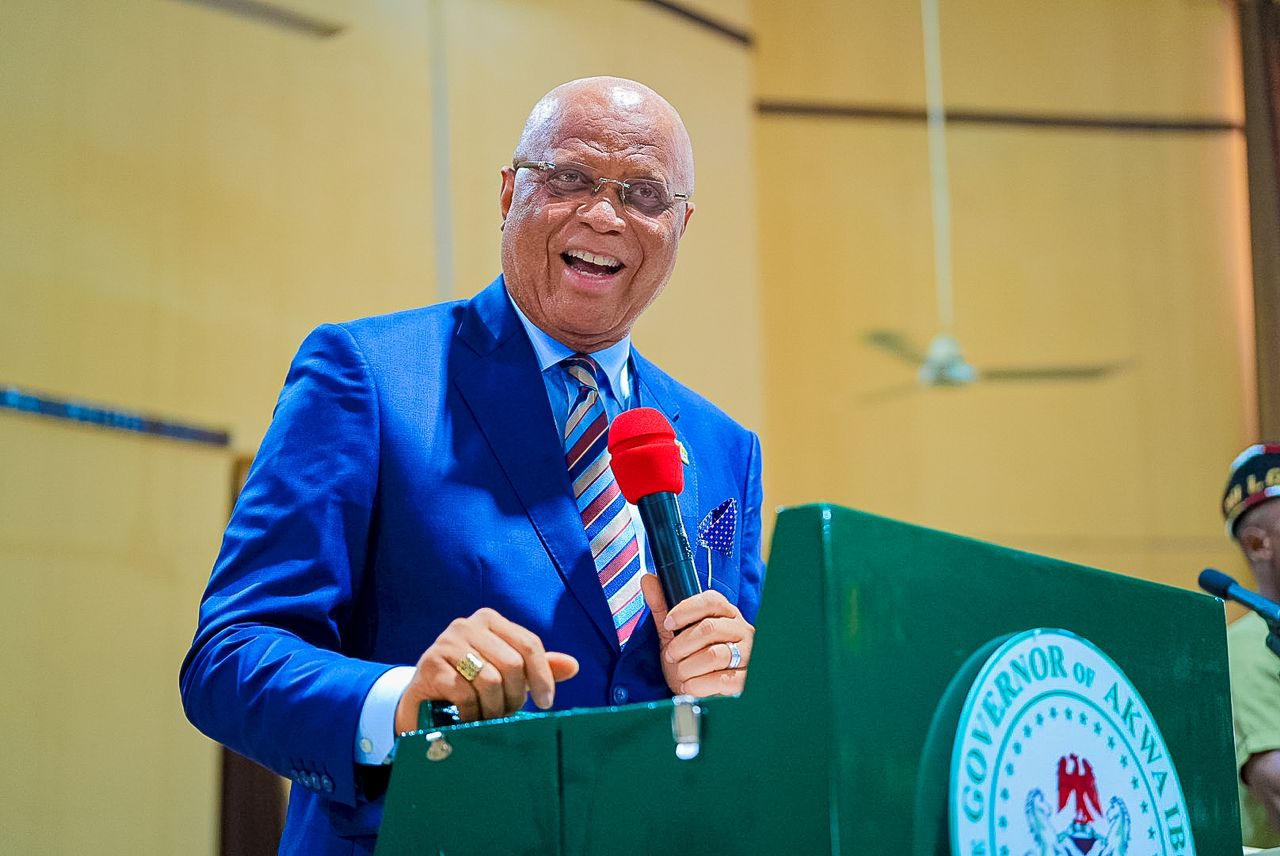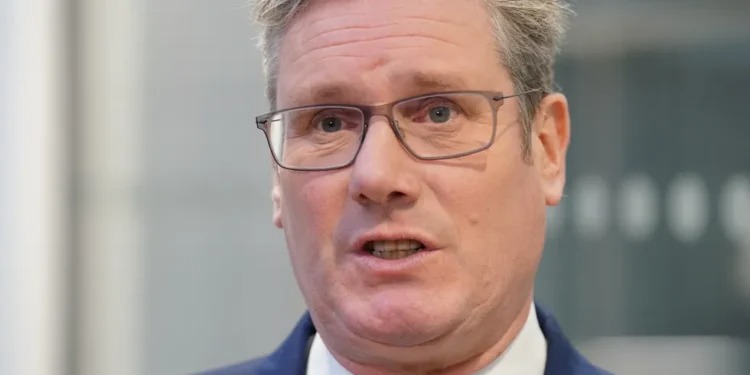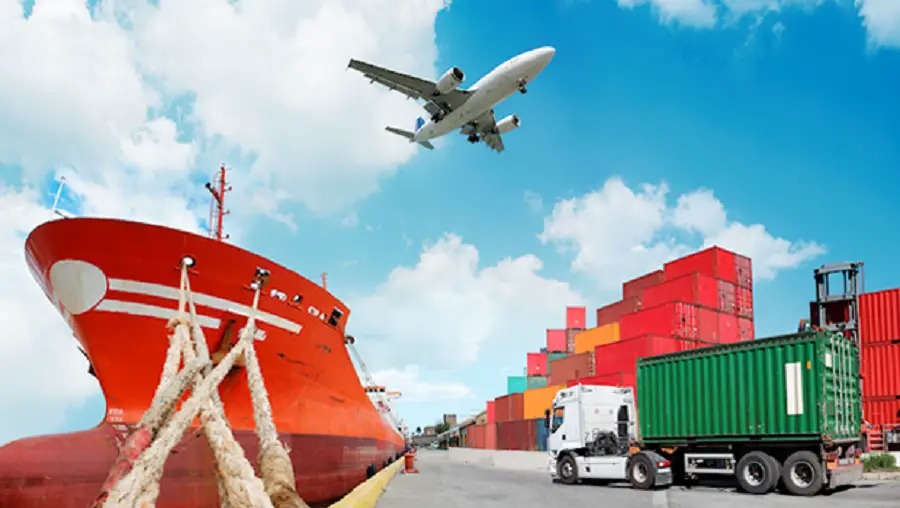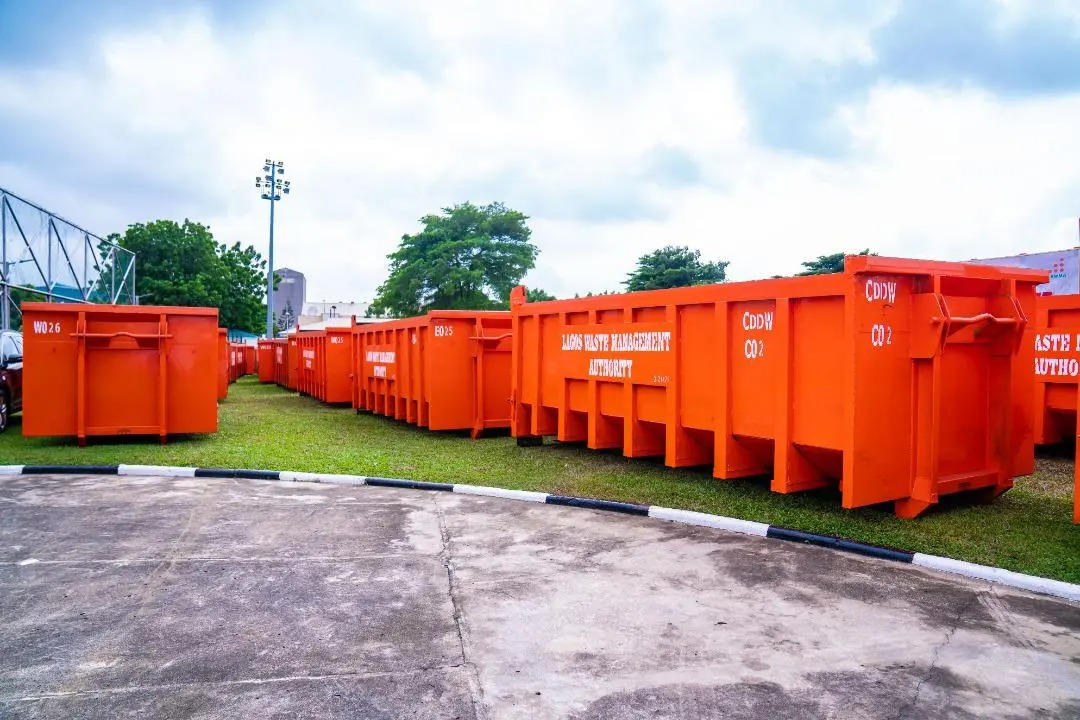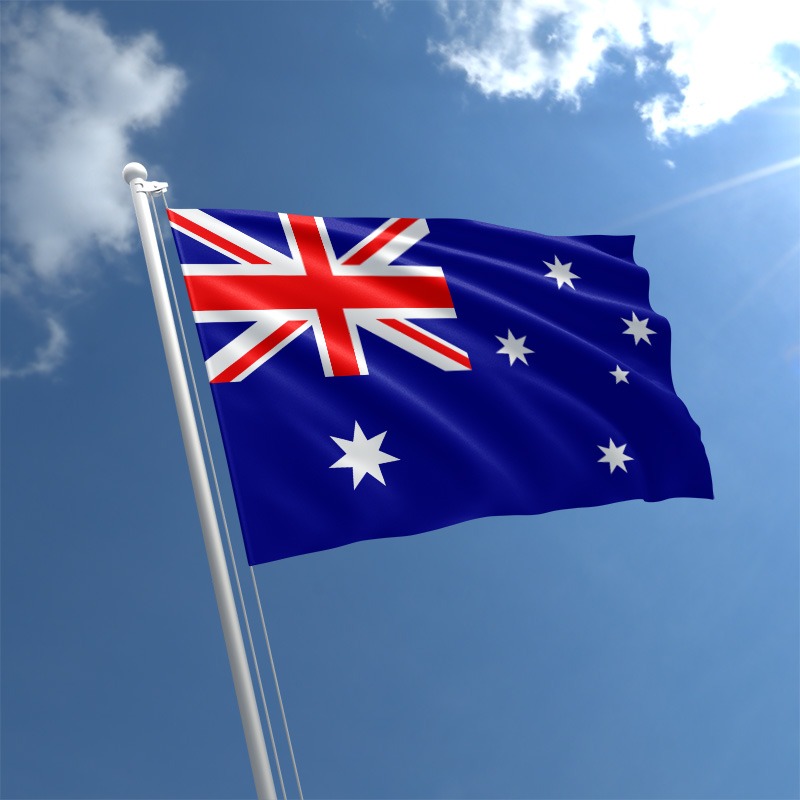Waste managers under the aegis of the Association of Waste Managers of Nigeria (AWAMN) have pleaded with the Lagos Waste Management Authority (LAWMA) to reduce its remittance to the authority from 25% to 10%.
This is due to the high cost of doing business in Nigeria at the moment and helping its members sustain their operations in the industry.
The appeal was made by the President of AWAMN, Mr Olugbenga Adebola, during a chat with journalists after the unveiling of the association’s planned conference, with the theme: “Redefining Integrated Waste Management In Nigeria Through Circular Economy” on Thursday, November 2, 2024.
Adebola said that the 25% remittance which was an arrangement between the association and the Lagos state government, involves the remittance of a certain percentage to LAWMA after carrying out its duties.
Profitability has been eroded
Adebola explained that due to the current economic situation, and the inflationary effect on the gamut of all operations, not only within waste management, it was extremely difficult for the waste managers to maintain the cost of doing things.
The AWAMN President said, “The cost of doing business in Nigeria is going higher. If the cost of doing business is going higher and we keep on paying the 25 per cent to the government, then we are not making anything.
“That is why, to help our members to be sustainable in the industry, we appeal to the Lagos State Government to reduce our 25 percent to 10 percent so that our people can make a profit.
“Right now, the profitability has been eroded by that 25 percent. so it’s like, you go and work and you get the money, you just give it to the overnment, and then the operators don’t have anything at the end of it all.’’
According to him, due to the present situation, even the Federal Government is reducing the amount of taxes.
He said, “So it’s just simple economics that, given the current increment in the cost of operation, there is a need for us to re-engineer our cost activities.
“We need to re-engineer our cost recovery. We need to re-engineer even the sharing formula, and that is what we are saying.’’
We will look into the issues – LAWMA
Reacting to the appeal made by waste managers, the Managing Director of LAWMA, Dr Muyiwa Gbadegesin, noted that the 25% was part of the contract agreement LAWMA had with the waste managers.
Gbadegesin said that the money was meant to be a cross-subsidy for low-income areas that don’t pay for waste evacuation.
He said, “That is why we have it. So, we look into the issues, and like I said, there is a need for us to take a holistic approach, and look at the cost of managing waste statewide.
“We will look at how we can efficiently make funds available so that they will be able to do their work well and ensure that people are paying an affordable rate that will guarantee timely and efficient evacuation of waste from the household,”
What you should know
This is not the first time the association has made a case for the reduction of remittance to the Lagos State Government.
However, the Lagos State Commissioner for Environment and Water Resources, Tokunbo Wahab, during a meeting with the waste managers in November 2023, rejected such a request saying the government is aware that the PSP operators need some interventions but they must explain why the revenue being generated presently has dropped by 50% within 5 years.
He said, “When you had a surplus, did you increase the stake of the government? As such I reject the appeal to reduce the 25% remit to LAWMA. I will not go that route except on two conditions: I want the enumeration of all the houses and digitize the number of household facilities across the state.’’
He said the continuous increase in population with the corresponding increase in the generation of waste has necessitated the need for a major change in PSP’s daily operations, adding that the present cost is not sustainable in light of the growth of the economy.
He noted, ‘’I think it is high time we have to sit down and thoroughly review the whole gamut of the PSP operations. The fact is that we must be able to speak the truth to one another as this will continually encourage the government to complement what the operators are doing”.
He added that the time has come for PSP Operators to create an online portal where the GPS receivers installed in their trucks provide accurate locations always including the number of trips undertaken by each operator daily amongst other things.
